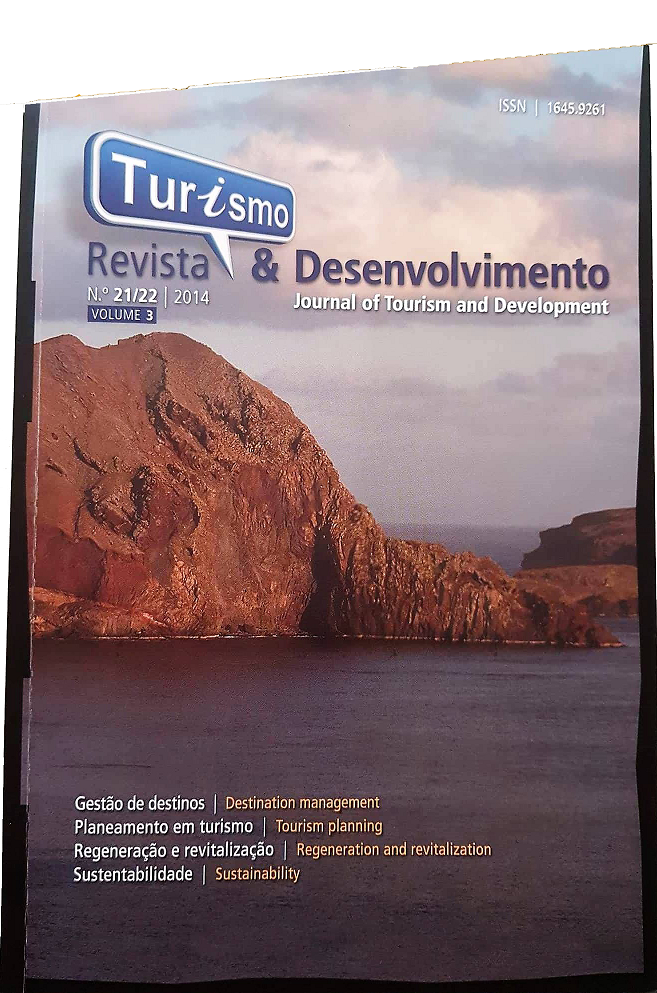Tourism destination governance: the case of UNESCO World Heritage Site of Oporto city
Resumo
O principal objetivo do presente trabalho é examinar o conceito de governança e a sua relação com os destinos turísticos, e investigar este conceito no caso particular do Centro Histórico do Porto, zona definida pela UNESCO como Património Mundial. Os objetivos específicos são: (i) compreender e discutir a importância de governança interativa ao nível do turismo; (ii) identificar a estrutura de governança do Sítio em foco; (iii) identificar as entidades responsáveis pelo Sítio; e (iv) investigar os níveis de colaboração entre as entidades identificadas. De forma a cumprir estes objetivos, foi escolhida uma abordagem metodológica de natureza qualitativa. Dentro desta abordagem, três métodos de recolha de dados foram identificados como mais adequados: (i) a análise crítica do estudo empírico mencionado; (ii) a análise de conteúdo do material existente com respeito a este estudo; e (iii) entrevistas semi-estruturadas.





